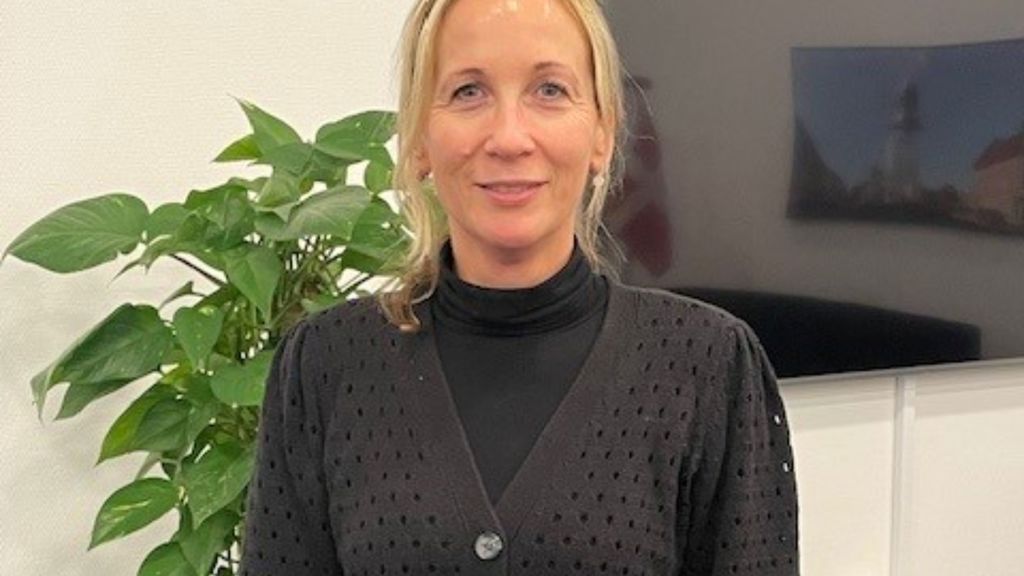When the cooperate language is English
Speaking and writing in English can be challenging for many people when they have grown up with Danish as their original language. It was also a challenge for Anne-Mette Noergaard Elefsen, personal advisor in Aalborg, until she attented English lessons.
Skills development.
For some, it means cold sweat and chills, for how can deadlines and task solving be kept back in the department while you are away on further training. Not to mention course days with challenging tasks in which the brain is put on overtime.
But in fact, skills development does not have to be so complicated. It is about priorities and pushing yourself out of the comfort zone.
Just take Anne-Mette Noergaard Elefsen, personal advisor in Aalborg, who has just completed courses within an area where many people would like to have refreshed words and grammar:
English is the company language in Danske Bank and for those who last spoke English back in primary and secondary schools, it may be a challenge to have to express themselves in English at work.

"I withdrew from meetings in English."
Anne-Mette Nørgaard Elefsen has been with the bank for 30 years. This also means it has been 30 years since her last English classes at business school.
"I have to admit that my basic school English is no longer sufficient. I also noticed that I tended to withdraw and say less if meetings were in English. At some point, I had to tell myself: 'This can’t continue'," she says.
Instead of sitting in the corner and becoming increasingly passive in meetings, she took matters into her own hands and signed up for English classes through Finanskompetencepuljenl, something she has not regretted for a second.
"I have always been a bit apprehensive about what I might encounter when stepping out of my comfort zone at work. What are the other participants like, and what is the instructor like? It turned out to be a fantastic course. Once I got to know the others, all worries disappeared, and I really gained some useful skills."
You have to push yourself
Anne-Mette had to push herself and prioritise taking the course.
"Many—including myself—hold back because it feels easier not to do it. But in the long run, it's not, especially if it's an area—like English for me—where you fall behind if you don't keep updated. It seems easy to say now, but sometimes you need to step out of your comfort zone," she says.
She also acknowledges that it can be difficult to prioritise further education in a busy daily routine.
"I have been privileged to have 100 percent support from my leader, and you need to choose further education in a busy everyday life. But you are often asked to prioritise in your work life, and I would definitely recommend including competence development in your prioritisation."






